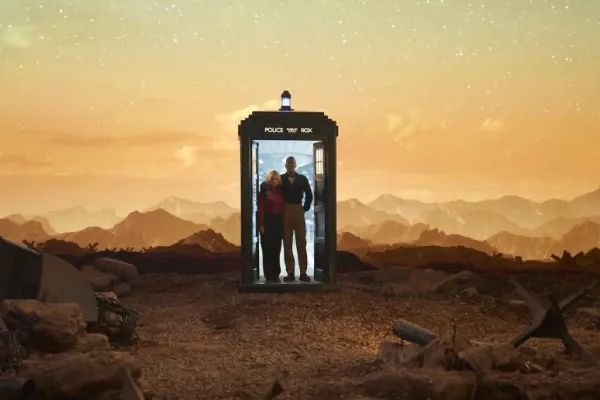
AI won't live on publisher sites
The case for moving AI down the stack

How we might rebuild journalism from the ground up by rethinking what a newsroom is.

Why the idealistic promise of collaborative software often falls short of its potential.

I relaunched my website on Ghost. Here's why.

I’m grateful that people stop by and read my posts. I think I’m really lucky. Thank you! I love writing here, but I’d love to know how I could serve you better. So every year I ask my readers to fill in a short survey. It doesn’

A quick note before we begin: This post reflects my own views on newsroom technology leadership, not necessarily those of my employer. I like to say that journalism treats technology as something that happens to it — like an asteroid. But technology is too important to the future of news for

If you’ve enjoyed my recent series about the open social web, great! There were four parts, which I think are collectively some of my best work: * What the future of Bluesky might look like * How Mastodon could be the future of online communities * What I’d do if I

If the open social web is going to grow and thrive, people need to be able to build new platforms and services sustainably. But that’s not what the email I was reading was telling me. The message in my inbox captured a persistent and problematic idea in open tech
Corey Ford just launched his new consultancy, Point C, and I couldn’t be more excited. He’s changed my professional life — more than once — through a kind of empathy-driven coaching I’ve never found anywhere else. He didn’t ask me to write this post, but I feel compelled

What would I do if I was building an open social web platform from scratch?
Werd I/O explores the intersection of technology, democracy, and society. It's independently published by Ben Werdmuller, reader-supported, and always free to read.

At the time of writing, the world looks pretty hopeless.

Why the idealistic promise of collaborative software often falls short of its potential.

It's going to be a long summer. WIRED has some advice for being prepared.

I relaunched my website on Ghost. Here's why.

404 Media reports that the country's major airlines are selling passenger data to Customs and Border Protection and ICE.

I’m grateful that people stop by and read my posts. I think I’m really lucky. Thank you! I love writing here, but I’d love to know how I could serve you better. So every year I ask my readers to fill in a short survey. It doesn’
[Cameron Faulkner at The Verge] Bounce is a game-changer for the open social web: "Bounce is built on the work of Bridgy Fed, which makes your Bluesky posts visible on Mastodon and vice versa. Using Bounce will bridge your accounts, in case you haven’t already set up Bridgy

I can’t help myself. I’ve loved every moment of the rebooted Doctor Who on Disney+, but it appears to have hit a bit of a pause while Disney considers whether to renew its co-production. With its future unclear (although I’m certain it’s coming back before too
[The Browser Company] Arc is my primary browser, and I'm feeling like that's a choice I should never have made: "The part that was hard to admit, is that Arc — and even Arc Search — were too incremental. They were meaningful, yes. But ultimately not at
[Ava Kofman in The New Yorker] Curtis Yarvin is a pathetic little man: "As his ideas have been surrealized in DOGE and Trump has taken to self-identifying as a king, one might expect to find Yarvin in an exultant mood. In fact, he has spent the past few months

A quick note before we begin: This post reflects my own views on newsroom technology leadership, not necessarily those of my employer. I like to say that journalism treats technology as something that happens to it — like an asteroid. But technology is too important to the future of news for
[Andrew Losowsky] Running an open source community platform for a decade is no small feat - particularly one as storied and supported as Coral. Andrew Losowsky's reflections on its first decade are inspiring. "Among so many conversations, we brought commenters into newsrooms to speak with journalists, moderators